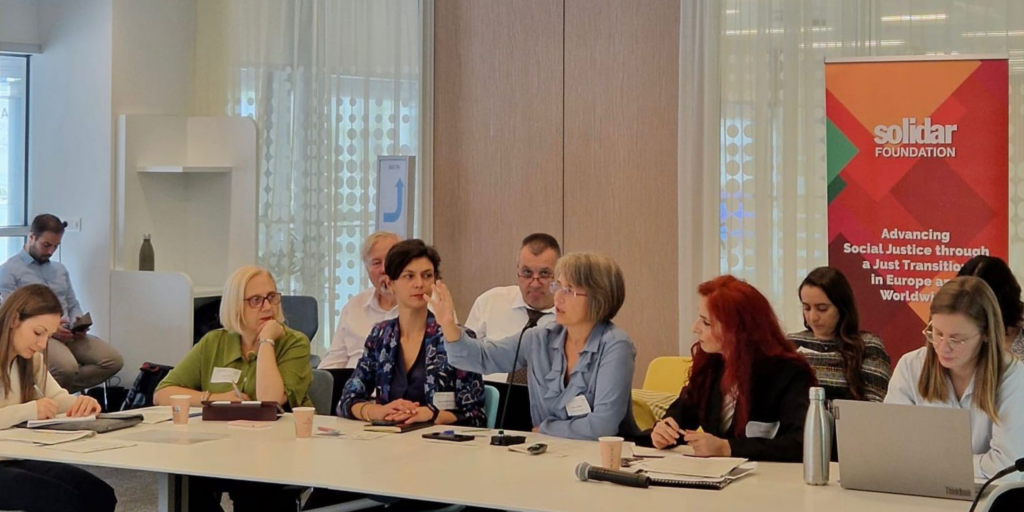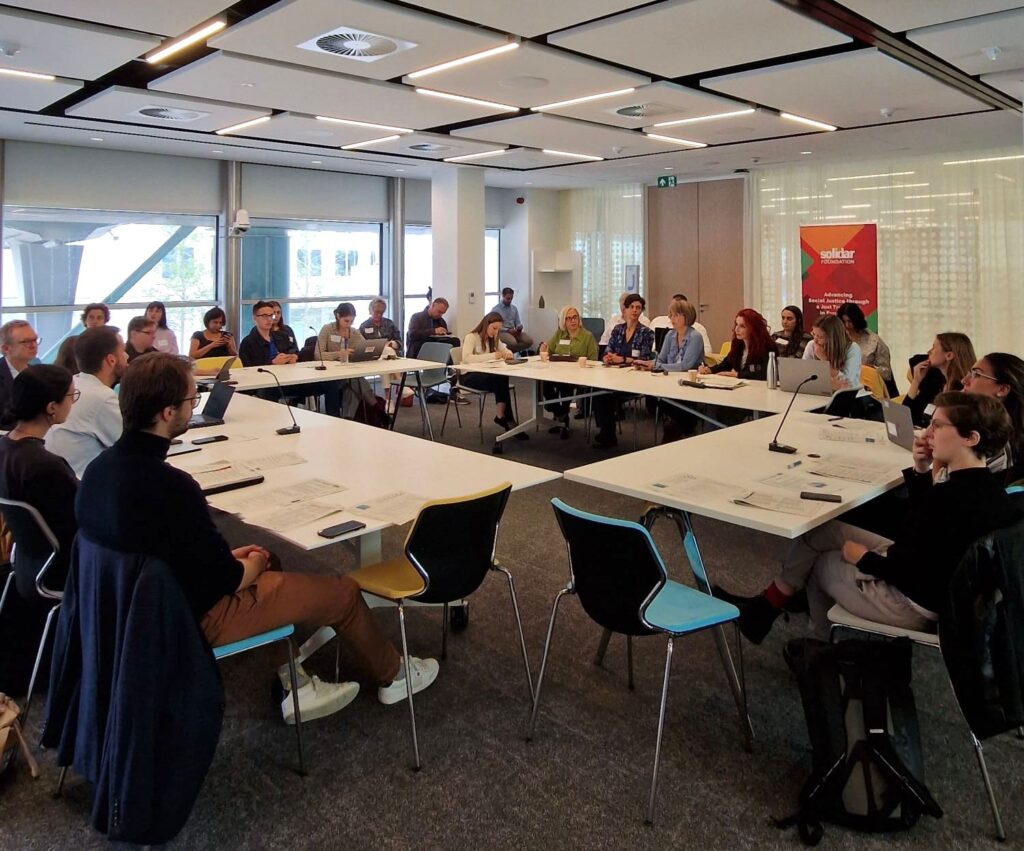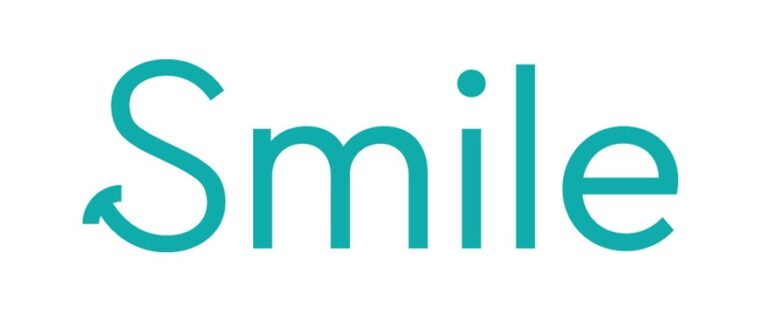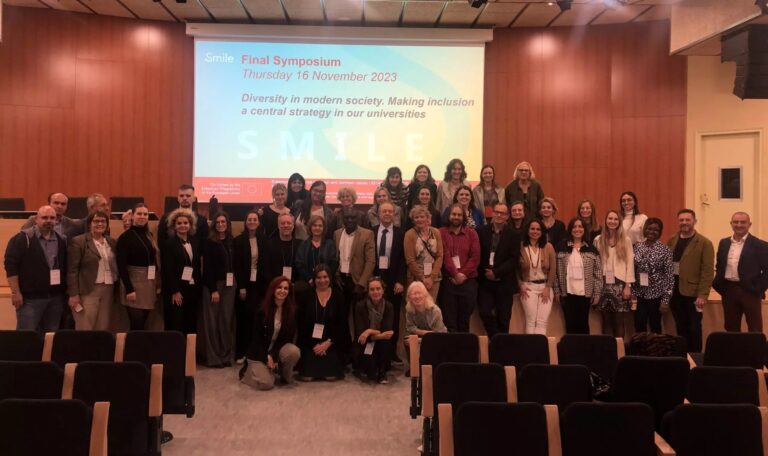SMILE Policy Roundtable: Policy Recommendations for a more inclusive higher education
On 20 September 2023, ESU and SOLIDAR Foundation organised the SMILE Policy Roundtable: Policy Recommendations for a more inclusive higher education, that took place at the European Parliament’s Info Hub.

The event focused on the Policy Recommendations and Action Plan developed in the frame of the SMILE project, and Higher Education representatives (HE), policymakers and representatives of civil society debated the work, its usability and application. The SMILE project has developed a set of tools on Diversity and Inclusion that can help policymakers, HEIs and Civil Society to improve their strategy for a better and more suitable implementation of inclusion approaches in our society, and to encourage their collaboration in the future.
At the core of the SMILE project lies an understanding of diversity as an asset, rather than a burden on society. The SMILE project champions diversity in all its forms, but has focused its work on three main diversity areas: individuals with migrant backgrounds, women in leadership, and individuals with low socio-economic status. However, the results of the project can be transferred to other diversity groups and maintain their relevance across various contexts.
The event was opened by Pascal Paschoud, EUCEN president, welcoming all participants. Carme Royo, SMILE project coordinator EUCEN, then introduced the SMILE project. At the roundtable, project partners Ester Cois, Vice-Rector for Gender Equality, University of Cagliari (IT), and Cati Jerez, Coordinator of the University of Barcelona Refugee Support programme (ES) presented the SMILE principles and policy recommendations. Click here to access their presentation.

MEP Joao Albuquerque, S&D Group, applauded the SMILE project outputs and welcomed its proposals on inclusion and diversity while stressing the fact that this should not be left up to the goodwill of higher education institutions alone. In addition, he raised that more research should be done on school dropouts, pointing out that a closer look at reasons why students drop out is needed.
During her intervention, Helene Peterbauer, European University Association (EUA) applauded the fact that the SMILE Policy Recommendations and Action Plan address the need for teacher training. She added that in this case, it is pivotal that teachers’ overall workload is addressed and that diversity and inclusion measures should keep the entire Higher Education community in mind, including its staff. Referring to the teacher training, she underlined that also students need to be aware of diversity and inclusion issues and that they should have the chance to follow trainings on these topics. Moreover, she highlighted the need for a human rights approach when collecting data on diversity and inclusion.
Svein Hullstein, DG EAC, congratulated the SMILE consortium with the project’s results, calling the project a great example of what can be realized on inclusion and diversity at the EU level. He commended that the SMILE project approaches diversity as an asset and its intersectional approach. Mr. Hullstein stressed that inclusion and school access lies at the heart of the European Education Area, and emphasised the importance of tackling the challenges connected to diversity and inclusion in a holistic approach to the whole education system, while mentioning the Council Recommendation on Pathways to School Success. He pointed out that the European Universities initiative and its alliances are a valuable tool to pave the way to more diversity and inclusion at the HE level.
The SMILE project is almost coming to an end but don’t miss out! Follow all SMILE project developments here.




